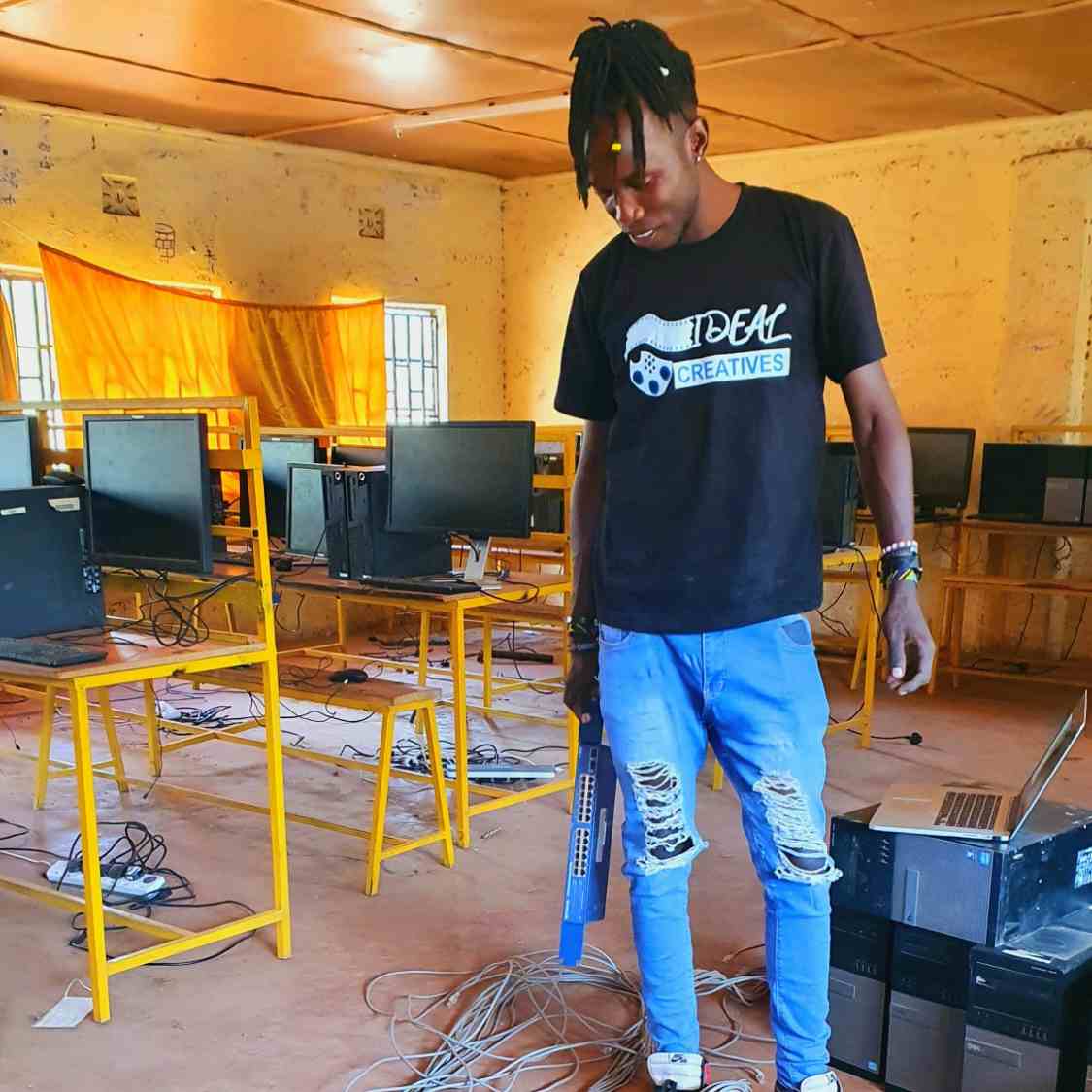
Four Reasons Our Classrooms Are Offline

We are keeping our classrooms offline. Here are 4 reasons we don't connect computer classes to the internet.
1. Safety
The internet is dangerous.
In fact, one of our top priorities is to teach students how to be safe online. Rather than race to keep up with cybercriminals we keep our classes in a closed network. We don't have to oversee everything students do, because we control what's on our network.
2. Focus
The internet is distracting.
We all struggle to keep social media at arm's length, and that's just the beginning. With virtually unlimited text, images, videos and games available, there's always something more interesting than school. Our classes are effective because of how motivating and engaging they are. Keeping classes offline levels the playing field for our educators, so they're not competing with the internet for students' attention.
3. Simplicity
The internet is complicated.
When we do move our curriculum online, we will have a patchwork of subscriptions to maintain with students' data scattered across many countries and synced through different tools. The fast pace of improvement online comes with a lot of extra complexity, which we can avoid by controlling the software and data that students use.
4. Efficiency
The internet is expensive.
For most of us, we can afford to be online all day long because we have unlimited data through a broadband connection. In most of rural Africa, and specifically in rural Kenya where all of our classes are now, broadband is not an option. Mobile data is definitely possible, but it will come at some extra cost. We can make the adoption of digital skills easier for schools by avoiding the extra cost for now.
Our Mission
Our mission is to disrupt poverty.
The internet is coming to rural Africa. We believe that digital skills will unlock global opportunities and disrupt poverty.
Our job is to prepare the next generation of rural African youth to thrive online. For now, we're doing that by guiding them through a controlled environment that's safe from cybercrime, distraction-free and simple enough to maintain on a budget.
We use local intranet and offline software to teach digital skills. The internet has overwhelming advantages, but we have plenty of reasons to keep classes offline for now.
About The Author

Tyler Cinnamon is a American programmer and entrepreneur. He started TechLit Africa with Nelly Cheboi in 2018 to disrupt poverty with used IT devices.